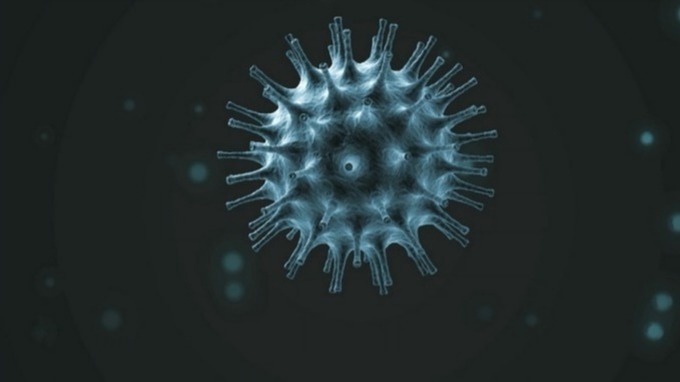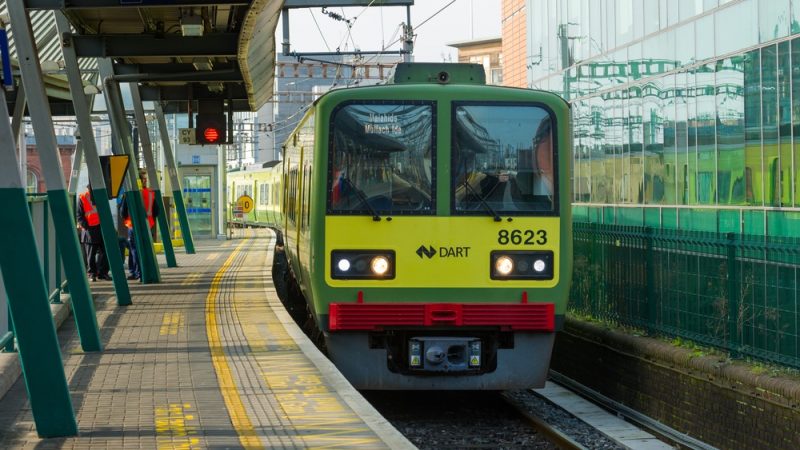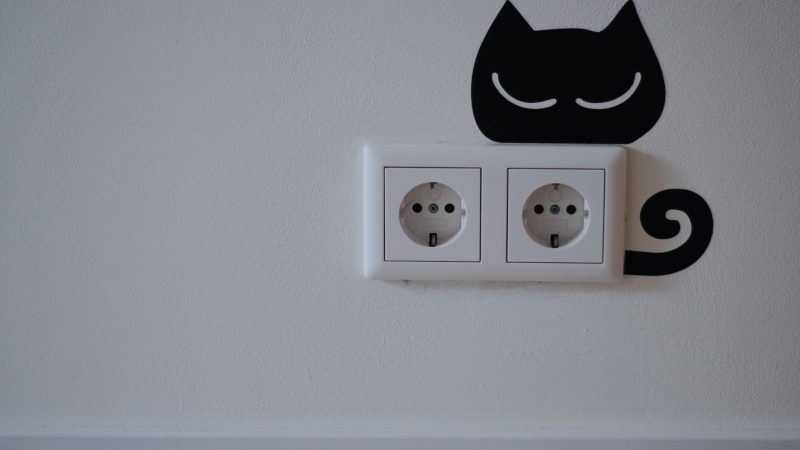3月2日 Covid-19 武漢肺炎 愛爾蘭 重點綜合報導 2 Mar 2020 Coronavirus in Ireland news summary

Ryanair已宣布,將在本月中起的三週取消多達25%的意大利短途航班,以應對Covid-19冠狀病毒。
取消將在3月17日星期二至4月8日星期三之間進行。
Ryanair在今天下午的一份聲明中表示,由於Covid-19,在3月下旬和4月初期間的訂票量“大幅下降”。
Ryanair會在至少14天提前通知所有受影響的客戶任何時間表更改。
RYANAIR HAS ANNOUNCED that it is cancelling up to 25% of its Italian short-haul flights for a three-week period later this month in response to the Covid-19 coronavirus.
The cancellations will occur between Tuesday 17 March and Wednesday 8 April.
In a statement this afternoon, Ryanair said it has seen a “significant drop” in bookings over the late March and early April period as a result of Covid-19.
All affected customers will be advised of any schedule changes at least 14 days in advance.
Details & credit https://www.thejournal.ie/ryanair-coronavirus-cancellations-5029991-Mar2020/
在一位職員報告出現類似流感的症狀後,谷歌在愛爾蘭的8,000名員工和承包商員工中的大部分人,被告知明天在家工作。
雖然認為這職員不太可能患有冠狀病毒,但據了解,該公司決定藉此機會測試一下,看看所有員工在Covid-19情況升級時可否遠程工作。
The majority of Google’s 8,000 staff and contractors in Ireland have been told to work from home tomorrow after a member of staff reported flu-like symptoms.
While it is thought unlikely that the worker has the coronavirus, it is understood that the company decided to use the opportunity to test its capacity to have all staff work remotely in case the situation surrounding Covid-19 escalates.
Details & credit https://www.rte.ie/news/coronavirus/2020/0302/1119791-google/
勞工處表示,與其他任何疾病一樣,被診斷患有Covid-19的員工,與任何因其他任何原因請病假的員工相同。另外可以向社會保護部申請收入支持,形式是基於社會保險費的疾病津貼, 或基於經濟審查的補充福利津貼。
由註冊醫生建議或指示, 基於可能是Covid-19感染源的自我隔離的僱員,如果其雇主停止支付工資,則可以向就業 事務和社會保護部 申請收入援助。
根據HSE的最新指南, 進行自我隔離但沒有醫生的醫療證明的人, 可以申請補充福利津貼形式的 , 申請收入援助。
不是按照HSE的最新準則進行自我隔離,但雇主要求其留在家裡作為預防Covid-19擴散的任何人,在雇主不能繼續支付工資的情況下 ,以求職者付款或補充福利津貼的形式, 申請收入援助。
the Department of Social Protection issued advice for workers in relation to Covid-19. The advice is as follows:
People who are diagnosed with Covid-19
The Department said where an employee is diagnosed with the Covid-19 virus, normal workplace arrangements in respect of sick-absence should apply.
The employe should, subject to the latest advice from the HSE, be treated from a workplace perspective in the same manner as any member of staff who takes sick-leave for any other reason, the Department said.
Employees diagnosed with Covid-19 can, as is the case of any other illness, apply for income support from the Department of Social Protection in the form of illness benefit based on social insurance contributions or supplementary welfare allowance based on a means test.
People who are not diagnosed with Covid-19 but who self-isolate
An employee who is advised or directed by a registered medical practitioner to self-isolate on the basis that they are a probable source of Covid-19 infection can, if their employer ceases to pay their wages, apply for income support from the Department of Employment Affairs and Social Protection.
A person who self-isolates in accordance with the up-to-date guidelines from the HSE but does not have a medical certificate from a medical practitioner, may apply for an income support in the form of supplementary welfare allowance.
People who are requested to stay at home by their employer
Anyone who is not advised to self-isolate in accordance with the up-to-date guidelines of the HSE, but is requested to stay at home by their employer as a precaution against the spread of Covid-19 can, in situations where the employer cannot continue to pay their wages, apply for income support in the form of a jobseeker payment or supplementary welfare allowance.
People who need to take time off work to care for a person affected by Covid-19
The Department noted that many employers can, and do, agree compassionate leave arrangements with staff who need to take short periods of time off to care for another person.
These include arrangements to enable employees to work remotely from home, to alter shift patterns, to work up time taken, or to bring forward annual leave entitlements from future work periods.
Where it’s not possible to make appropriate compassionate leave arrangements, employees can call on some statutory entitlements.
An employee is entitled to paid leave, known as ‘force majeure leave’, where they are urgently required to attend to the needs of a person who is affected by an illness or injury, including an actual or probable case of Covid-19. The person to whom care is being provided must be “in a relationship of domestic dependency” with the employee. It is limited to a total of three days in a 12 month period or five days in a 36 month period.
Parents are entitled, with six weeks’ notice, to take up to 22 weeks unpaid parental leave to care for each child up to 12 years of age (16 years of age in the case of a child with a disability).
Parents are also entitled, with six weeks’ notice, to take parental leave of two weeks for each child under one year of age, born on or after 1 November 2019. Parents taking parents leave are eligible to apply for parents benefit from the Department of Employment Affairs and Social Protection.
Employers are free to waive notice periods for parental/parents leave or to agree to provide paid leave as an alternative to parental/parents leave. Employers can also agree alternative leave/absence arrangements.
Details & credit https://www.thejournal.ie/workers-rights-coronavirus-5030355-Mar2020/





